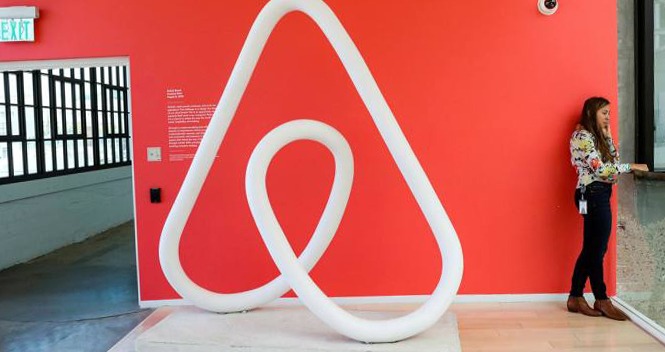What has Airbnb learned from the COVID-19 epidemic?
The COVID-19 pandemic initially caused tremendous difficulties for Airbnb’s business, that was temporarily saved by the trends that emerged throughout its reign.
Now, as the pandemic continues, Airbnb has filed to become public before 2021 on the Nasdaq.
At the height of the pandemic in the United States during this second quarter of 2020, the companies revenue fell by 67 per cent, with losses rising to $400 million.
Before the pandemic raged in the US, Airbnb was valued at $31 billion, however, by April, their value had already fallen to $18. On top of this, 25 per cent of their workforce has been laid off.
While this is unfortunate, it was expected due to the significant restrictions in place regarding travelling that the world has imposed.

By July, Airbnbs bookings were back to the levels they experienced before the pandemic.
The type of stays that are returning the company to its former bookings is local, drivable visits that are within 300 miles of their homes.
From the third quarter of 2019, it is now estimated that Airbnb’s revenue has only dropped 18 per cent due to this surge of local bookings.
Due to budgeting and spending cuts made by the company, they are now expected to receive $219.3 million of profit.
Despite this, the company has still received a net loss of $696.9 million during the first 3 quarters of 2020, which was a 32 per cent drop in revenue to $2.52 billion.
Clearly, Airbnb has made a tremendous rebound since the third quarter, showing the companies resilience and viability. It can be assumed that the pandemic only made the company stronger.
Travel Decline
At the beginning of 2020, travel began to be restricted and Airbnb began to see their customers booking staycations – booking stay that was close to home for longer visits.
Americans have begun to drive to remote locations within their states or nearby states to replace the air travel the is currently being denied due to the virus.

In April, Airbnb shared a blog post that the distance between a users house and their Airbnb stay decreased by 20 per cent between February and April. On top of this, in March, longer vacations increased by 20 per cent.
These trends continued to spread as the virus grew within the United States.
Noticing the trend, Airbnb changed their home page to display local listings to their users and 80 per cent of Airbnb hosts changed their options to allow longer stays.
Further, approximately 50 per cent of Airbnb hosts started offering discounts for users renting out an Airbnb for longer than a month.
It is expected that air travel will not return to pre-COVID normal until at least 2023, but Airbnb has managed to create COVID-friendly operations that still provide significant profit.
Flexible Work
As remote working increases within the US, the stock prices of at-home computing necessities such as Zoom, Slack, Snowflake, Logitech and CrowdStrike have significantly increased.
Experts have predicted that many US workers will continue wanting flexible or hybrid working.
Yahoo Finance Guillen says that many companies are wanting to take on a more hybrid work model.
On top of this, a large number of American employees are enjoying the remote component of working during a pandemic, however, they would also like to get back into an office.
Working from home benefits Airbnb substantially.
Due to the blurring line between work and travel due to the pandemic, longer stays and the lack of urgency to return home for work.
It is entirely possible that working from home becomes more of a reality for many American employees in 2021.



































